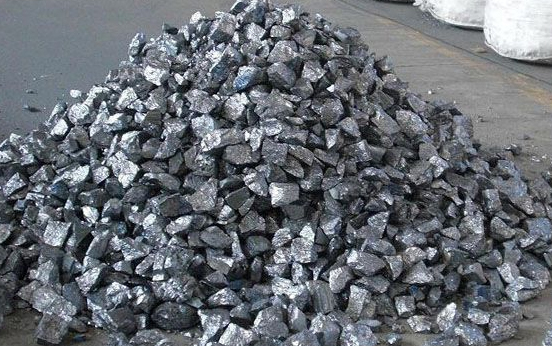
Calcium, an essential element in steel production, plays a crucial role in improving the quality and performance of steel. This article explores the various ways in which calcium contributes to enhancing the strength, durability, and overall performance of steel. From inclusion modification to desulfurization and grain refinement, calcium's presence in the steelmaking process ensures the production of high-quality steel that meets the rigorous demands of modern industries.
Inclusions are non-metallic particles present in steel that can significantly affect its mechanical properties. Calcium is instrumental in modifying the nature and morphology of these inclusions, leading to enhanced steel purity and toughness. When introduced into the steel melt, calcium reacts with oxygen and sulfur to form calcium oxide (CaO) and calcium sulfide (CaS), respectively. These compounds combine with the inclusions, transforming them into more stable and less harmful forms, such as calcium-aluminate and calcium-silicate-based inclusions. The modified inclusions have a more spherical shape, acting as barriers that impede crack propagation and improve the steel's toughness and resistance to fracture. By facilitating inclusion modification, calcium contributes to the production of high-strength and high-performance steel.
High sulfur content in steel can adversely affect its ductility, toughness, and overall mechanical properties. Calcium, in the form of calcium oxide (CaO) or calcium carbonate (CaCO3), is widely used in the desulfurization process. When calcium compounds are added to the steel melt, they react with sulfur, resulting in the formation of calcium sulfide (CaS). Calcium sulfide has a higher melting point than the steel, enabling it to separate as a slag, which can be easily removed. Additionally, calcium helps reduce the viscosity of the slag, enhancing its desulfurization efficiency. By effectively removing sulfur from the steel, calcium plays a crucial role in improving the steel's quality, making it more suitable for various applications that require superior mechanical properties.

The grain size of steel has a significant impact on its strength, ductility, and overall durability. Finer grain sizes are desirable for improving these mechanical properties. Calcium, in the form of calcium aluminates (CaAl2O4) or calcium silicates (CaSiO3), acts as a grain refiner during steel production. When added to the steel melt, calcium-rich particles act as nuclei for grain formation and restrict grain growth during solidification. This process leads to the formation of fine-grained microstructures in the steel. Refined grain structures result in improved strength, ductility, and fatigue resistance of the steel. By contributing to grain refinement, calcium enhances the overall quality and performance of steel.
Calcium's role in steel production is vital for achieving high-quality steel with superior mechanical properties. Its contribution to inclusion modification, desulfurization, and grain refinement ensures enhanced steel purity, improved mechanical properties, and increased strength and durability. By understanding and harnessing the benefits of calcium in steel production, manufacturers can produce steel that meets the stringent requirements of modern industries, ensuring its suitability for various applications ranging from construction and infrastructure to automotive and aerospace. Calcium's influence on steel quality improvement makes it an indispensable element in the pursuit of high-performance steel.

Write a Message